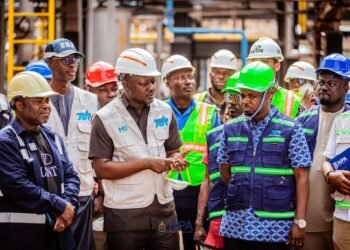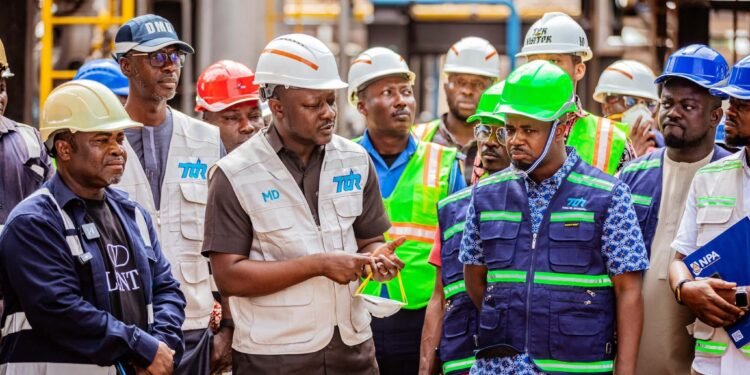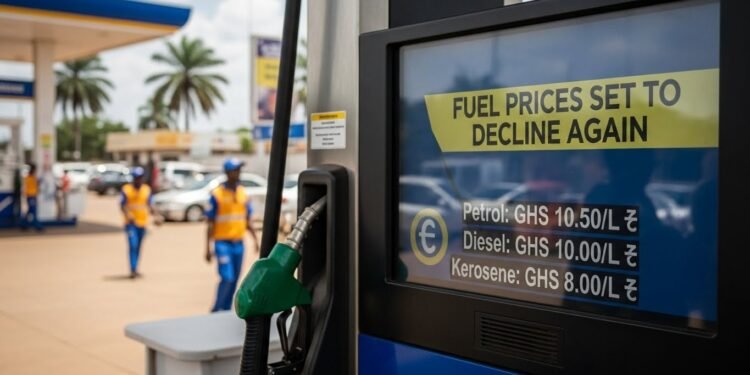The Deputy CEO of the Minerals Commission, Isaac Andrews Tandoh, has asserted that Ghanaian-owned companies now possess the financial strength and technical expertise to operate large-scale mining ventures in the country.
Mr. Tandoh emphasized that Ghanaian firms have demonstrated their ability to raise substantial capital and acquire advanced equipment for mining operations.
“Unlike those days when people couldn’t access funding, it’s a thing of the past.
“Now we have groups and companies in Ghana—look at BCM, Engineers and Planners, Rockshore—they’re all raising hundreds of millions of dollars to finance equipment and operations.”
Isaac Andrews Tandoh, Deputy CEO of the Minerals Commission
Mr. Tandoh made these remarks while defending the government’s controversial decision to decline Gold Fields’ lease renewal request for the Damang Mine and assume operational control of the site.
The South African mining giant has operated the Damang Mine for decades but was recently denied an extension, sparking national debate about resource sovereignty and investor confidence.
Mr. Tandoh cited several major financial deals as evidence of the emerging muscle of Ghanaian mining companies.
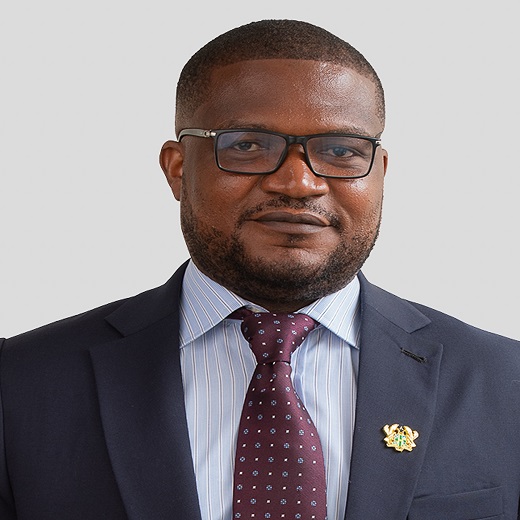
“Engineers and Planners signed a $250 million deal with Caterpillar. BCM had strong Caterpillar financing.
“Another company has over $100 million in financing from LIBE, and Rockshore is buying equipment worth hundreds of millions to work in Ghana.”
Isaac Andrews Tandoh, Deputy CEO of the Minerals Commission
These developments, he argued, dismantle the long-held belief that only foreign firms have the capacity to manage capital-intensive mining projects.
Mr. Tandoh questioned the rationale behind allowing foreign entities to control strategic mineral resources, arguing that such arrangements often prioritize profit repatriation over local development.
“Last year alone, Tarkwa and Damang Mines made over $600 million in profit.
“How much of that stayed in the country? Your guess is as good as mine.”
Isaac Andrews Tandoh, Deputy CEO of the Minerals Commission
He expressed frustration over Gold Fields’ approach, claiming that the company focused on overseas acquisitions rather than reinvesting profits in Ghana. “They can’t tell me that wasn’t from Ghana’s profits,” he said.
Mr. Tandoh added, “It’s difficult to move money out of Australia, but in Ghana, you can move it freely,” highlighting the ease with which foreign companies repatriate profits from Ghana.
Government’s Stance on Gold Fields

According to Mr. Tandoh, the government has treated Gold Fields more than fairly, offering them generous terms that exceed typical mining lease agreements.
“After giving the 30-year lease to Gold Fields, the government even bettered the situation for them with a development agreement.
“That agreement waived a number of their tax liabilities, especially on fuel.”
Isaac Andrews Tandoh, Deputy CEO of the Minerals Commission
Despite these favorable terms, Mr. Tandoh claimed Gold Fields failed to fully invest in mining operations during the final two years of their lease, resorting instead to treating stockpiles.
“That’s just taking free cash from Ghana without actually working. This cannot continue.”
Isaac Andrews Tandoh, Deputy CEO of the Minerals Commission
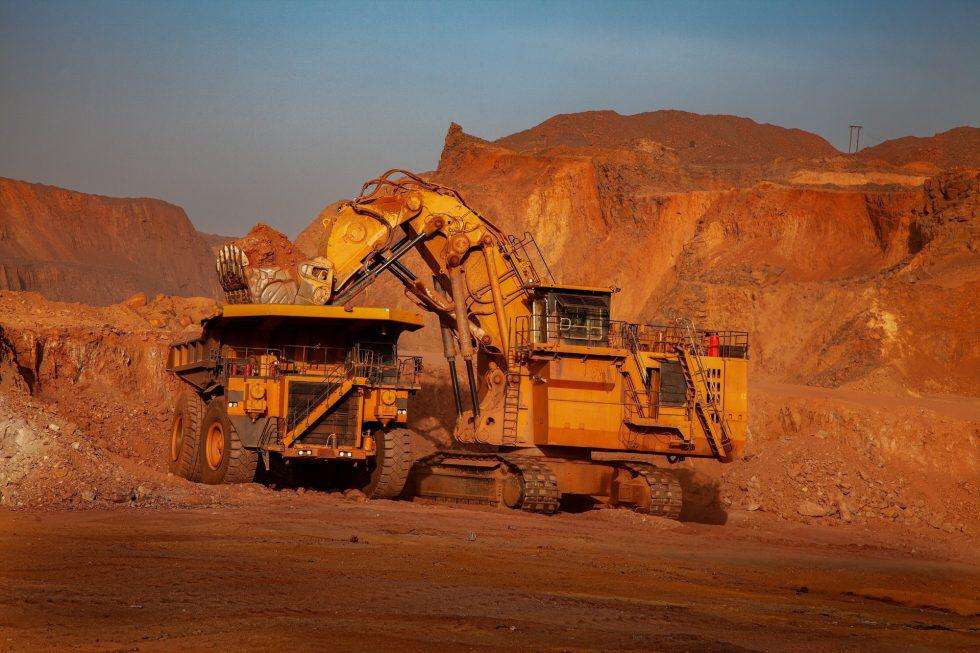
Mr. Tandoh clarified that the government’s decision to take over the Damang mine does not signal an anti-investor policy.
“We’re not saying we’re going to chase all mining companies away.
“We’re going to support them to do their work. But it must be done in a way that serves the people of this country.”
Isaac Andrews Tandoh, Deputy CEO of the Minerals Commission
He emphasized the growing capacity of Ghanaian companies to handle large-scale mining operations, citing their ability to secure financing and acquire advanced equipment.
The government’s takeover of the Damang mine comes at a time when Ghana is under pressure to derive greater value from its natural resources.
However, concerns remain about the potential impact on investor confidence and the broader economic implications of reduced foreign involvement.
With the Damang transition underway, all eyes are now on the government to manage the mine efficiently, deliver on its promises of local empowerment, and prove that Ghanaian operators can thrive at the highest levels of the mining industry.
READ ALSO: Trump’s Back-And-Forth On Tariffs Locks US, China In Brinkmanship




